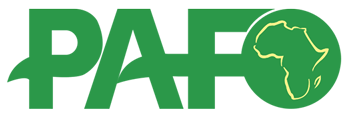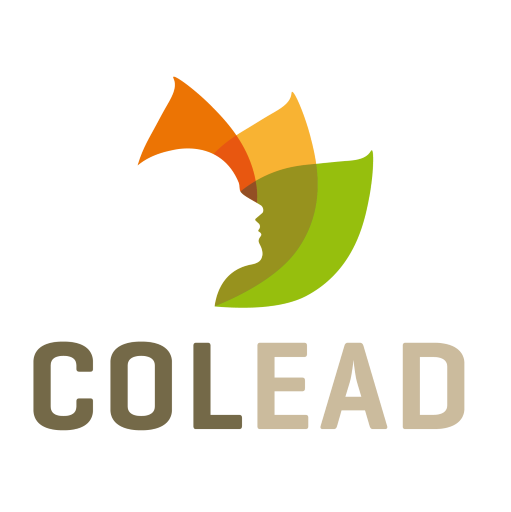The PAFO-COLEAD partnership for entrepreneurship support
The Pan-African Farmer’s Organization (PAFO) and COLEAD partnership aims at improving capacities for suppliers, processors and smallholders in Africa to produce affordable, safe and nutritious food to supply domestic, regional and international markets. They encourage innovations across value chains to transform food systems, promote sustainable agriculture, and leverage investment.
Joint activities include:
- Five online Innovations Sessions organised per year where successful entrepreneurs are featured in areas such as circular economy, value addition, nutritious and healthy food, technological innovations, climate resilience.
- A business profile developed for each company
- A space for exchange of best practices and networkin in this blog
- Publications and articles on specific topics
- Access to all services provided by COLEAD and PAFO

ABOUT PAFO
PAFO is a continental platform currently composed of five regional farmers networks in Africa: the Eastern African Farmers Federation (EAFF); the Regional Platform of Farmers’ Organizations of Central Africa (PROPAC); the Network of farmers and Producers organizations in West Africa (ROPPA); the Southern African Confederation of Agricultural Unions (SACAU); and the Maghrebian and North African Union of Farmers (UMNAGRI). PAFO represents over 70 organizations of small-scale women and men farmers and producers from 49 countries in Africa. PAFO was created in October 2010 by its constitutive general assembly, and subsequently recognized as the representative body at the highest continental level. PAFO is an important instrument for rallying direct farmer engagement on Africa’s growth and development agenda. Its vision is “A vibrant African agriculture, prosperous and sustainable ensuring food security and sovereignty, including the socio-economic and cultural development”.
The mission of PAFO is to (a) Defend the social and economic rights and interests of African farmers and producers and their organizations at continental and international levels; (b) Promote solidarity and partnership among farmers, (c) Influence agricultural policies and strategies at continental and international level to better take into account the interests of African farmers; (d) Contribute to the promotion of agricultural trade and African regional economic integration; and (e) Share information, experiences and knowledge in all areas of agriculture and rural development.
In performing its mission, PAFO and the sub-regional networks engage with several partners and are managing several projects. PAFO’s role has mainly been to advocate and influence priorities, policies, and strategies at the continental and global levels; as well as to share experiences and knowledge between members. PAFO is currently implementing its five-year strategic plan 2021-2025.

ABOUT COLEAD
The vision of the organization “Growing People” is that the needed transition to sustainable food systems will require continuous capacity building and training for current and future generations of producers, entrepreneurs, consultants, technicians, and all economic actors in the agricultural and food system. This is especially the case in member countries of the OACPS, and particularly in Sub-Saharan Africa, which is well positioned to become the driving force behind a new, sustainable model of agriculture.
